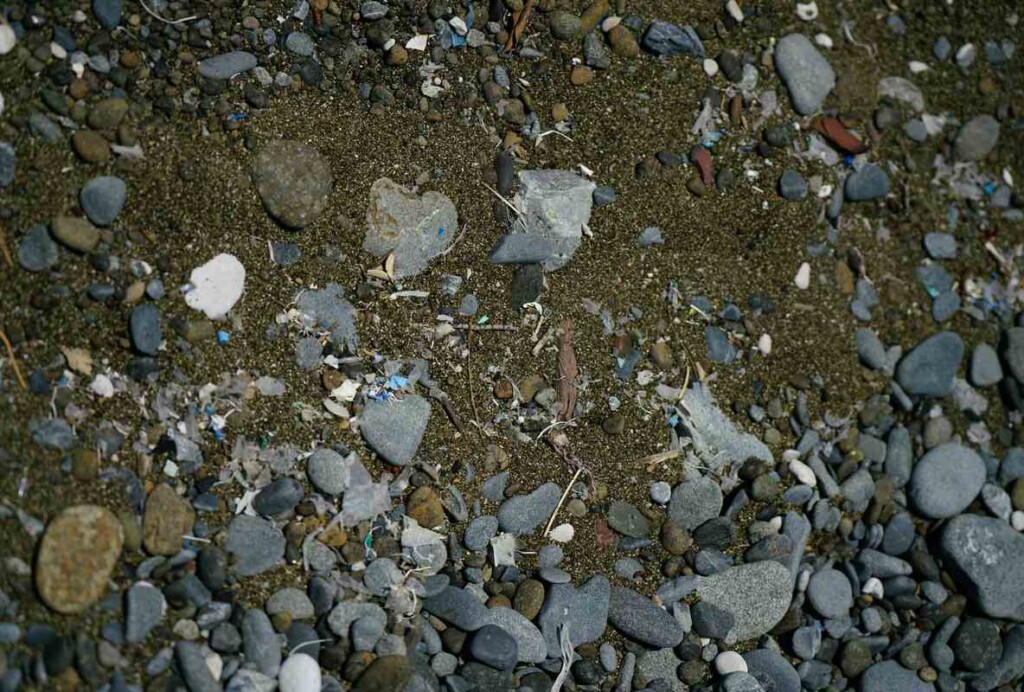 iStockphotoA recent report from the Centers for Disease Control and Prevention (CDC) has highlighted an increase in severe “flesh-eating” infections in three states on the East Coast during 2023.
iStockphotoA recent report from the Centers for Disease Control and Prevention (CDC) has highlighted an increase in severe “flesh-eating” infections in three states on the East Coast during 2023.
The rise was observed in Connecticut, New York, and North Carolina, and was particularly notable as it coincided with record U.S. heat waves and higher-than-average sea surface temperatures.
The infectious bacterium, Vibrio vulnificus, can be present in undercooked or raw seafood and can cause gastrointestinal infection, leading to symptoms such as watery diarrhea, vomiting, fever, and in severe cases, sepsis.
Additionally, Vibrio vulnificus can enter the body through an open wound, resulting in a condition known as necrotizing fasciitis.
While it cannot be conclusively linked to the heat waves, the relationship between the incidence of vibriosis and environmental conditions conducive to the growth of Vibrio, such as elevated water surface temperatures and low salinity, is well-documented, as per the CDC’s recent Morbidity and Mortality Weekly Report.
Although North Carolina consistently reported 10–13 cases annually from 2021 to 2023, no cases of V. vulnificus infections were reported in Connecticut during 2021–2022, and New York reported three cases in 2021 and none in 2022.
The CDC has issued a warning that as coastal water temperatures increase, V. vulnificus infections are likely to become more prevalent.
The 11 individuals affected by the flesh-eating disease caused by Vibrio vulnificus in these three states in 2023 were between the ages of 37 and 84. Of these patients, five passed away, with three succumbing to septic shock.
Seven cases were reported in North Carolina, two in Connecticut, and two in New York.
It was found that in six cases, the disease was contracted through exposure to water, while two cases were likely a result of handling raw seafood with a cut on the hand. Another patient reported consuming raw oysters, and the final patient reported both exposure to brackish water and consuming raw oysters.
Nearly all patients who contracted the disease had at least one underlying condition, including diabetes, cancer, heart disease, hematologic disease, and/or a history of alcoholism.
All the deceased had at least one underlying condition.
The CDC recommends that individuals take precautionary measures to avoid illness by refraining from contact between wounds and brackish water, salt water, and raw seafood, and by ensuring thorough cooking of oysters and other seafood before consumption.









![2024 noticed OM [Mantra] outperform the remaining, will 2025 be any other? 2024 noticed OM [Mantra] outperform the remaining, will 2025 be any other?](https://ambcrypto.com/wp-content/uploads/2024/12/om-2024.jpeg)




